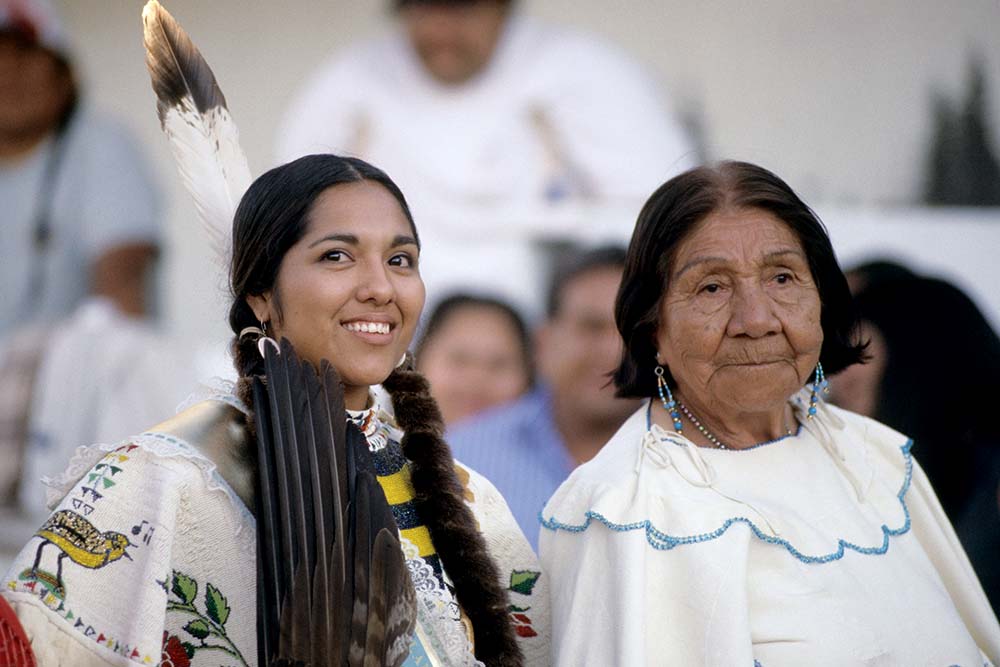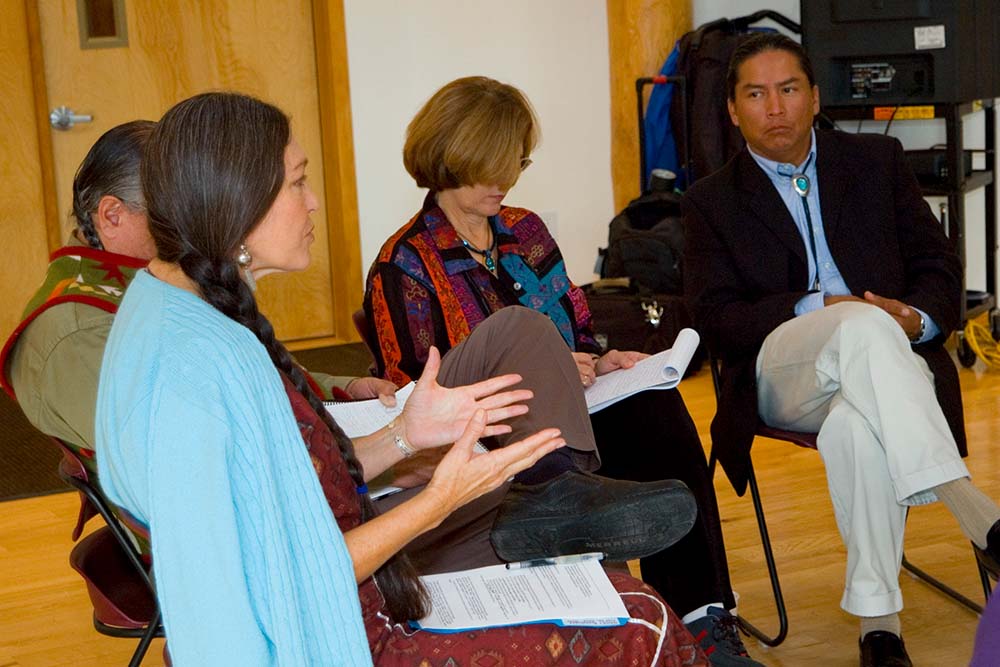
- Details
- By National Indian Council on Aging
The National Indian Council on Aging (NICOA) will hold its biennial American Indian Elders Conference in Reno, Nevada for the first time in 39 years. The conference will take place August 1-6, 2021 at the Nugget Casino Resort.
Registration for conference attendees is available online and by mail. Pricing is based on your membership type, which is also available for purchase online and by mail. You must apply for or renew your membership before registering for the conference.
This will be NICOA’s 23rd conference on aging in Indian Country. The theme of this year’s conference is “Resilience for Tomorrow…Together”. NICOA’s conference is the only national aging conference in the country focusing exclusively on the needs of American Indian and Alaska Native elders. It will offer the opportunity to elevate issues in American Indian politics and legislation, and focus on issues such as health, safety, financial management, elder abuse, caregiving, employment, retirement and the Older Americans Act.
Keynote speakers from federal, state, and tribal programs and agencies will be present to provide program updates and listen to the aging needs of American Indian and Alaska Native elders. Informational workshops will be provided by service providers and aging network professionals with experience in providing services to Native elders. Workshop sessions include caregiver support, elder abuse prevention, health, nutrition, transportation, disease prevention, long-term services and supports, employment and training, financial assistance and more.
Conference attendees represent over 2,000 American Indian and Alaska Native elders, stakeholders, elected tribal representatives, government agencies and aging network providers. Voting members actively participate in caucus sessions representing each of the 12 NICOA regions, participate in the election of board members, submit aging specific resolutions, revise bylaws, and develop a collective aging policy agenda for NICOA to advocate in Washington, D.C.

The conference is the elders’ forum; the place to voice concerns, provide recommendations on policies that are important to aging older Indians, and to receive up-to-date information and resources to help elders age at home and in their own communities. NICOA works closely with the U.S. Department of Health and Human Services and the Department of Labor to advocate for grant funded programs and services such as Title VI Services for Native Americans, Indian Health Services, Medicare/Medicaid, Social Security, the Senior Community Service Employment Program and others. Officials from federal, state, and tribal services and departments are invited to listen, learn, and share in the discussion about the successes and concerns impacting aging in Indian Country.
NICOA is a 501(c)(3) nonprofit organization founded in 1976 whose mission is to advocate for the improved comprehensive health, social services, and economic wellbeing of American Indian and Alaska Native elders. NICOA’s biennial conference is the place where elders can educate and recommend solutions to policymakers to help improve aging services across Indian Country. Members submit resolutions which are presented and voted on by all members attending the biennial conference. Resolutions that are approved are passed on to the National Congress of American Indians for presentation to the appropriate federal government agencies.
If you have any questions, please email Cheryl J. Archibald or Leslie Maly, or leave us a message at (505) 292-2001.
Help us defend tribal sovereignty.
At Native News Online, our mission is rooted in telling the stories that strengthen sovereignty and uplift Indigenous voices — not just at year’s end, but every single day.
Because of your generosity last year, we were able to keep our reporters on the ground in tribal communities, at national gatherings and in the halls of Congress — covering the issues that matter most to Indian Country: sovereignty, culture, education, health and economic opportunity.
That support sustained us through a tough year in 2025. Now, as we look to the year ahead, we need your help right now to ensure warrior journalism remains strong — reporting that defends tribal sovereignty, amplifies Native truth, and holds power accountable.
 The stakes couldn't be higher. Your support keeps Native voices heard, Native stories told and Native sovereignty defended.
The stakes couldn't be higher. Your support keeps Native voices heard, Native stories told and Native sovereignty defended.
Stand with Warrior Journalism today.
Levi Rickert (Potawatomi), Editor & Publisher
